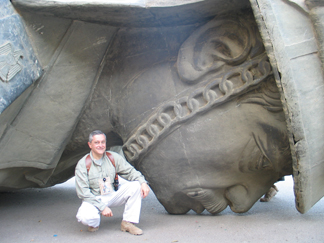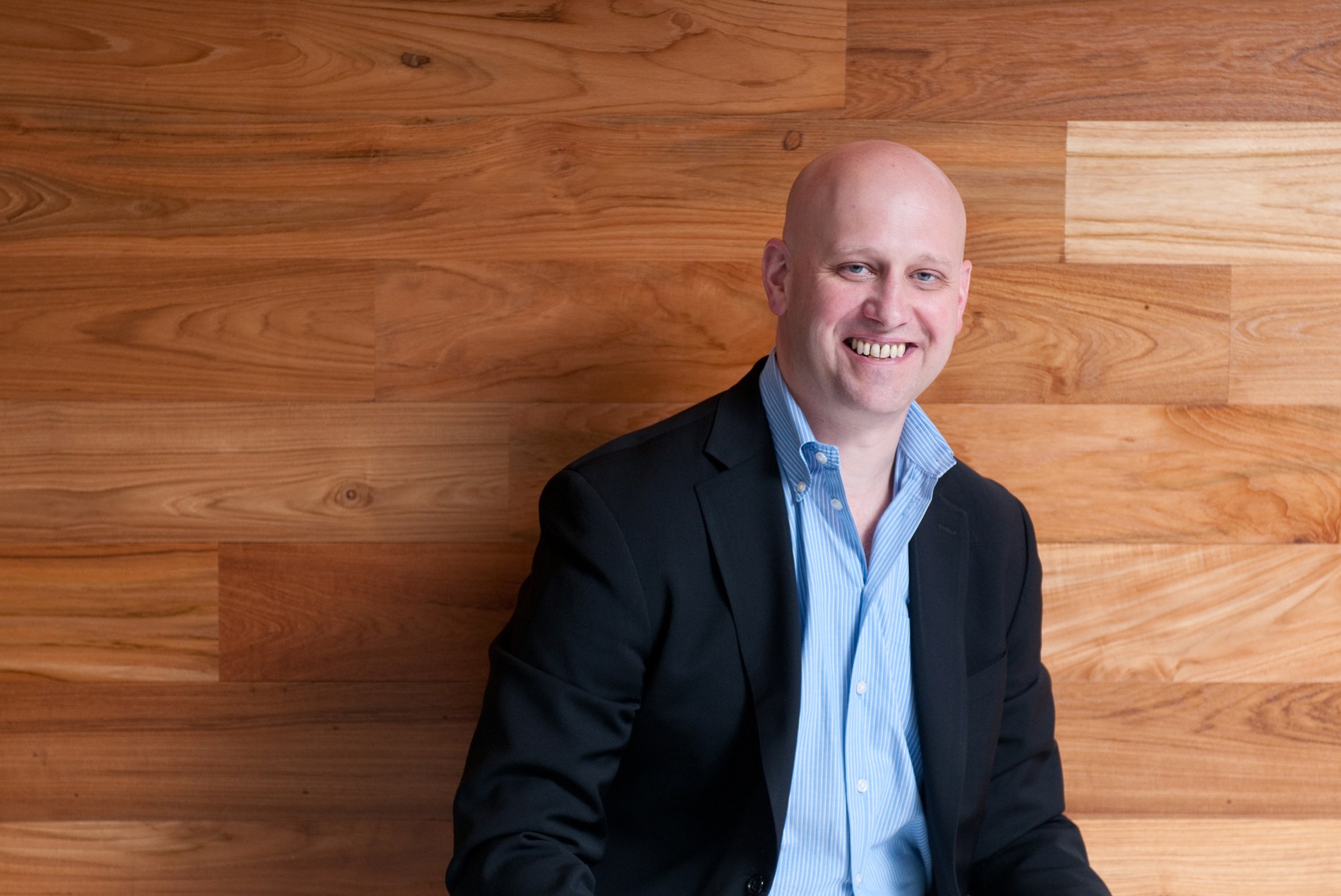Background Check: John Armstrong

Vital Statistics
Name: John Armstrong
Age: 55
Education: University of New Haven; AS, BS, and MS in Criminal Justice and Law Enforcement
Field: Education
Agency: SUNY Fulton-Montgomery Community College
Title: Full-time faculty
Time Served: 35 years
“I’ve always wanted to teach,” says John J. Armstrong, the retired Commissioner for the Connecticut Department of Correction. “Now, I’m a full-time faculty member who teaches criminal justice at Fulton-Montgomery,” a community college in Johnstown, New York.
Armstrong, 55, opted for an early retirement from the Connecticut DOC in 2003 after serving two terms as commissioner — stepping away from a plumb position where he had managed a $500 million budget. Armstrong had held the position for eight years after decades climbing the agency’s ladder, tackling nearly ever job — and plenty of challenges — along the way.
Armstrong says he was drawn to the corrections industry initially because he wanted a career in public service. He entered the industry on the ground floor.
“First I worked in security and custody, then as a treatment counselor dealing with difficult offenders,” he says. “I then moved into the administration side of things where I started as an investigator, collaborating with other law enforcement agencies during criminal investigations.”
It was the breadth of hands-on experience that made him a valuable resource as an administrator, he says. Armstrong quickly ascended through the ranks, serving as an operations captain, warden, and then as one of just two statewide district administrators.
In 1995, he was promoted to commissioner.
At the Connecticut DOC, Armstrong says that he was constantly engaging his engineers and embracing cutting-edge technology, allowing both to influence his progressive policies and making him something of a pioneer in the sustainability movement, including the implementation of metering water and reducing excess energy usage.
“We also employed a series of video conferencing and video treatment programs, which saved resources because we didn’t have to drive prisoners to places and saved us costs in terms of not needing armored guards to transport them.”
In terms of food programs, where there tends to be lots of waste in the industry, Armstrong says that the DOC began composting in 1997 before it was fashionable.
Armstrong’s career at DOC led him to other corrections opportunities in the years following his early retirement and his current role on campus.
“In 2003 and 2004, for about 10 months, I was asked to serve as a civilian senior executive service contractor in Iraq, for the Coalition Provisional Authority,” Armstrong says. “Basically, I assisted in developing the new Iraqi corrections service by drafting national policy orders to meet international standards and helping develop programs and policies that were consistent throughout the provinces. We also created a national training facility and a national office complex.
Armstrong added that his role in Iraq corrections should not be confused with a more notorious Iraq detention facility that was run by the military.
“Unfortunately, the U.S. gets a lot of attention for the debacle at Abu Ghraib,” he says. “But what we did on the civilian side of things — helping the people of Iraq overhaul and rebuild their corrections services — was a very successful project. It was a lot of training, coaching, mentoring, and developing.”
Armstrong returned from Iraq and then took a job with the Office of Law Enforcement Technology Commercialization as a subject matter expert and corrections program manager working in the public safety and Homeland Security groups. He says the opportunity allowed him to research emerging technologies, which he would then find applications for in law enforcement, public safety, first responders, and corrections. Particularly memorable, he says, were the OLETC mock prison riots that are held annually in West Virginia — and that he’s kept the experiences in mind as he meets students in the classroom setting.
Armstrong started teaching criminal justice courses on a part-time basis more than two decades ago, filling a need at a local community college while he was working at the DOC.
Three years ago he jumped at a chance to work at Fulton-Montgomery full time when the position opened up, he says, taking the sum of his employment experiences and incorporating them into lesson plans.
Armstrong says he strives to bring his own code of conduct into the academic experience — imparting the importance of professionalism, respect, and integrity among his students.
“Having your own dignity is important, of course, but it’s also about giving other people dignity,” he says.
It’s these principles that guided Armstrong and his DOC staff in creating a program that’s since been emulated across the country — the Violent Offender and Security Risk Group Gang Renunciation Program — which he describes as a centerpiece of his life in the industry.
“The program was conceived and implemented at a time when everybody was struggling with gang issues,” Armstrong says. “It was not a segregation program, it was first and foremost a classification program — a program wherein we gave prisoners the skills and tools they needed to renounce gang life and return to the general population without returning to gang activity.”
Armstrong says that the program eventually got to a point where 90 percent of the people who successfully completed it remained discipline-free for gang-related activities.
“It was a combination of close custody, strict discipline, and very clear messaging, and it had a tremendous effect on reducing gang-related violence among the inmates and against our staff,” he says.
Armstrong remains connected to the corrections industry outside the classroom and he is still actively involved with the American Correctional Association. He has chaired its technology applications committee for the past two years.
Still, Armstrong says that it’s teaching that now has his attention, and at 55, he hopes to still have a decade or more of students to work with.
“At this point I love teaching more than anything,” he says. “It would be very difficult to dislodge me from
Academia.”










